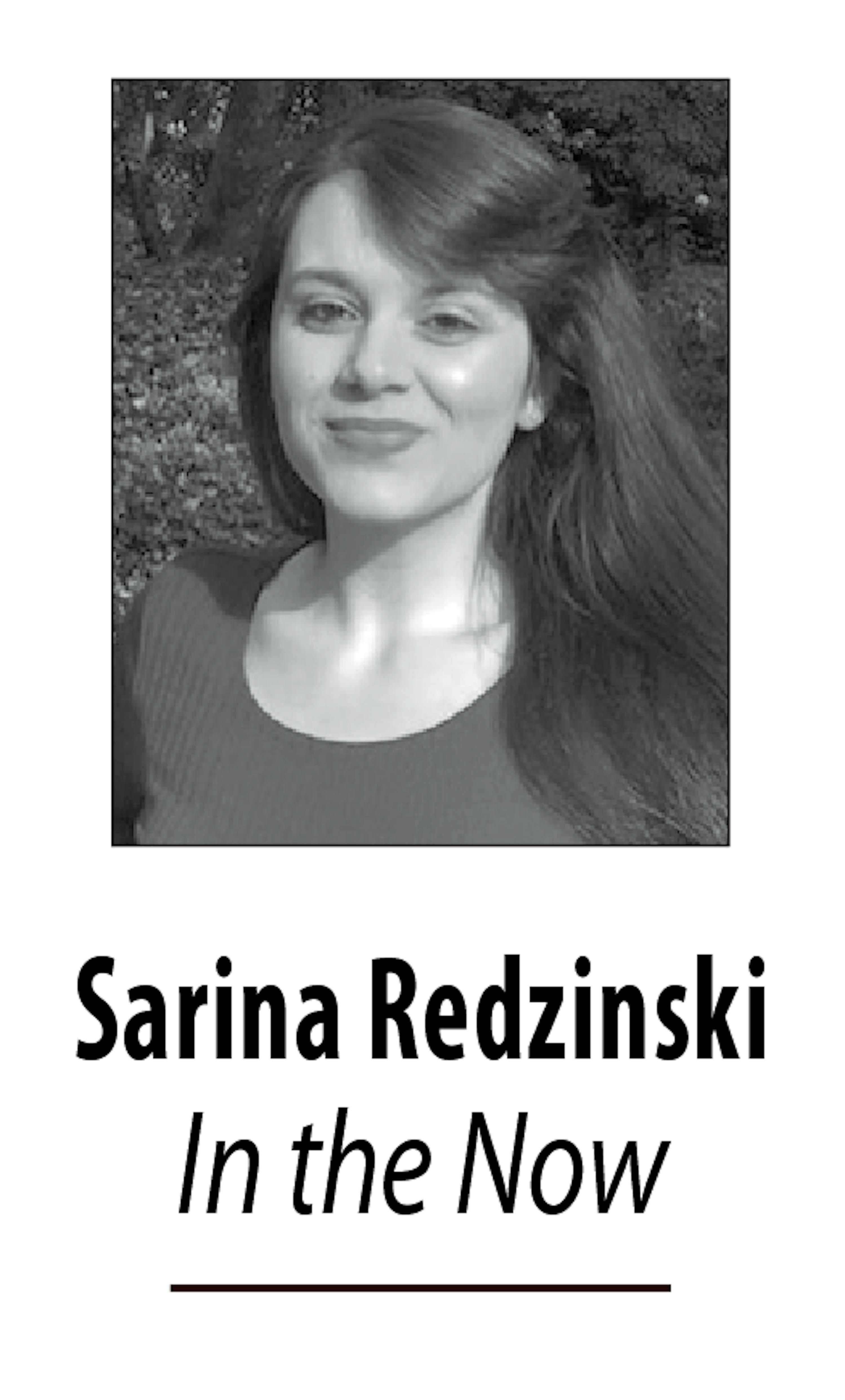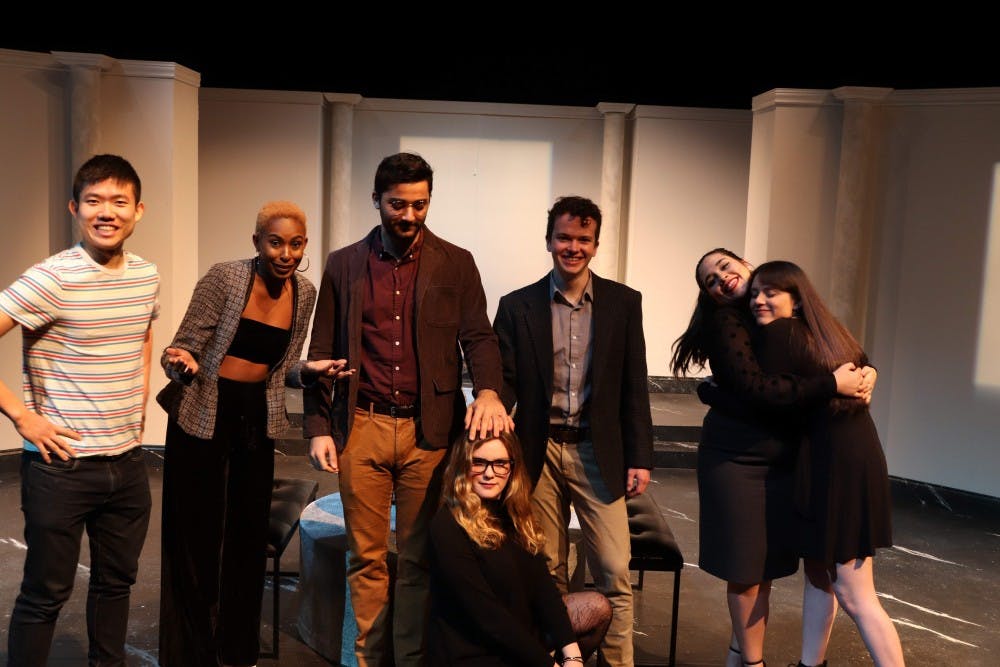
For the past four years, I have been a part of the student-written, student-directed theater group on campus, Witness Theater. It was the first activity that I participated in my freshman year, and I have written, acted, and directed for them, sometimes all at the same time, ever since. I was even elected the Workshop Coordinator this past year, which means I got to help other students edit and polish their short plays.
Just a couple of weekends ago, I was in what will probably be my last performance here at Hopkins—and possibly ever. This got me thinking about my relationship to acting and theater all throughout my life, and how, because of it, I was able to hollow out a little space for myself everywhere I went. It’s an emotional thing, looking back on my theater journey up until now, and I’ve realized how important it all was—and is—to my development.
I started acting when I was in elementary school. I remember it really vividly: it was a short little play about why we paint Easter eggs. My best friend at the time and I played hens trying to hide our eggs from a greedy wolf. I wore a bright yellow t-shirt with ruffles all along the edges.
After that, I essentially didn’t stop. I was in middle school plays and musicals, then of course continued on in high school. I went to multiple theater camps (one of which was a sleep-away camp in the Pennsylvanian mountains, a bizarre but amazing experience I could write an entirely separate column on altogether), participated in shows outside of school, and saw over a dozen Broadway musicals.
I won’t lie, I was definitely a typical Theater Kid by the time I was a senior in high school. Theater was how I made my closest friends, how I built confidence and figured out how I wanted to present myself to the world. Like literature, it also gave me a place to explore stories and experiences that I never would’ve had the courage to explore in my real life. It was a special space for me to come into my own, and I always found such comfort there.
Strangely enough, though, I always knew that acting wasn't an option for me in the long run. When my dad had been about the age I am now, he drove from New Jersey to California by himself in a van that, toward the end of his journey, caught fire in the desert (an admittedly wild anecdote he tells to almost everyone he meets).
He wanted to be a writer at first, but when he got to Los Angeles he dove into acting. Eventually, though, he decided to leave that all behind. It was too cutthroat, too vapid, too depersonalizing.
This created a weird dichotomy in my relationship to acting. On the one hand, I had my father, and though he had dozens and dozens of great stories about the acting world, he often seemed to look back on many of them with a mix of nostalgia and distaste. On the other, acting gave me an excitement and community that I wasn't sure I could find anywhere else. The life of an actor seemed a simultaneously exciting and soul-sucking one to lead.
Ultimately, though I loved doing it, and while there were a couple of times when I terrified my parents by flirting with the idea of making it into a career, I pretty much always knew there was likely an expiration date. And it’s hard not to feel like that expiration date has come.
Leaving the theater the night of our last show, I couldn't seem to shake a sense of disappointment. It felt almost like the unsatisfying end to a great movie, or the stale ending of a relationship.
There was something unsettling in walking through my apartment door and preparing to sit down with some schoolwork. It felt incompatible with the experience I’d had, almost like it was out of proportion.





